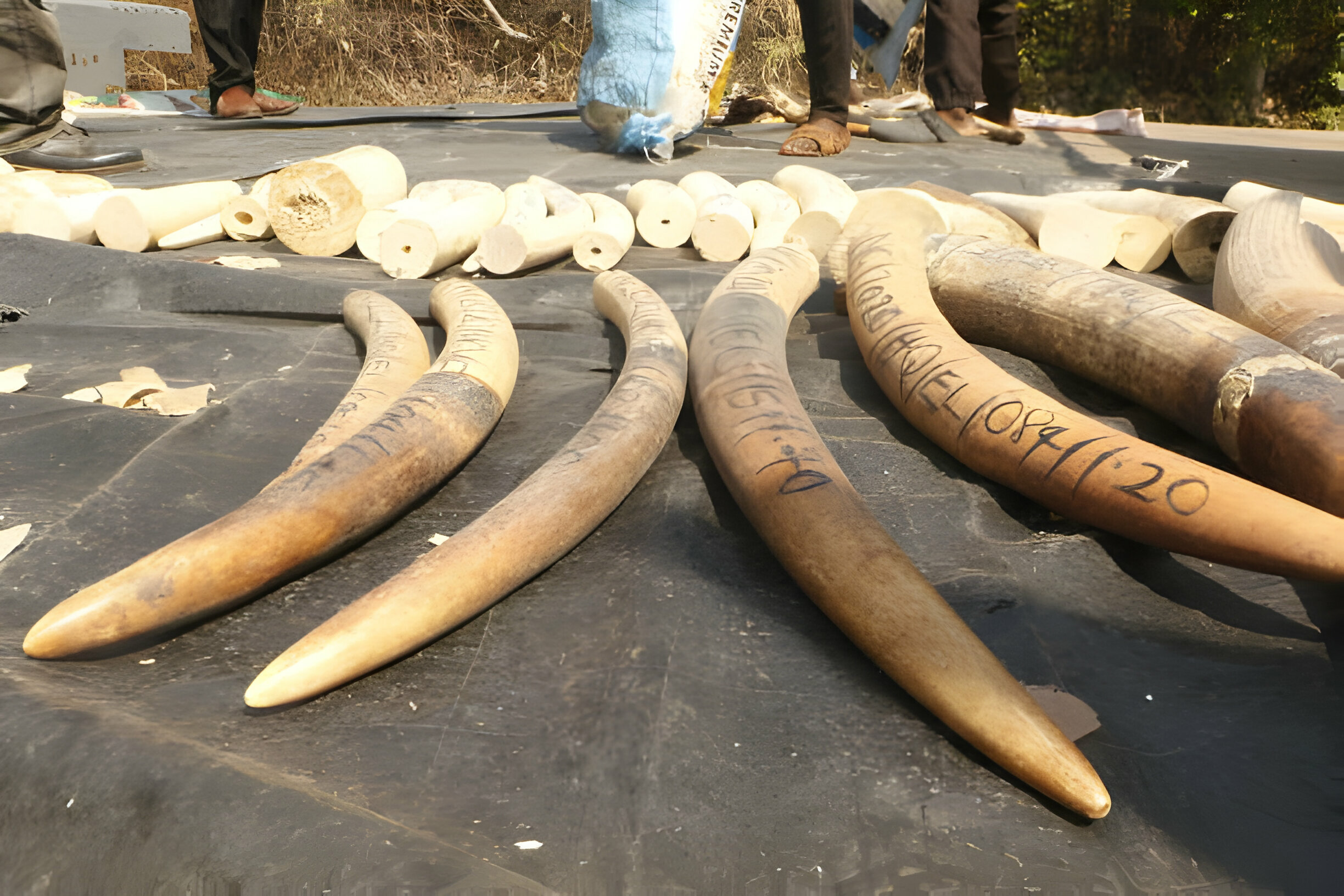
Conservationists have identified weak legislation, corruption in the government agencies, as factors responsible for illegal wildlife trade in West Africa Sub-region.
They also called for the reduction of environmental crimes in the African continent, transit, and export routes that serve as transnational routes to Asia and Europe.
West Africa Director, Wild Africa Fund, Mr Linus Unah, who spoke at the workshop on Reporting Transnational Organised Wildlife Crime in Abuja, said it has become increasingly difficult for countries to improve the investigative and prosecutorial capacity of law enforcement agencies to combat trafficking.
He regretted that East Africa is in a crisis as 97 per cent of vultures have been killed for rituals and other purposes, while in Kenya the population of elephants and lions are increasing making the country a tourist destination in the region.
Another speaker, Justin Gosling of the United Kingdom-based Environmental Investigation Agency, explained that the Bill, when passed into law, will increase the livelihood of apprehension of environmental crimes offenders and serve as a deterrent to others.
Gosling stated that Nigeria lost elephants and pangolins unknowingly, noting, the impact of their campaigns will reduce its role as a transit and export routes in transnational wildlife trafficking across the West Africa Subregion and Central Africa.
Similarly, he argued that they are working to safeguard global marine ecosystems by addressing the threats posed by plastic pollution as well as avert climate catastrophe by strengthening and enforcing regional and international agreements.
“We will use our findings in hard-hitting reports to campaign for new legislation, improve governance and more effective enforcement. Our field experience will be used to provide guidance to agencies and form partnerships with local groups, supporting hands-on training.”
On her part, Mary Rice cited the key export and destination hubs for elephant ivory and pangolin trafficking from West and Central Africa to Asia as Tanzania, Kenya, Togo, Mozambique, Nigeria, Uganda, Cameroon, Gabon, D.R Congo and others.
Rice said the investigation and research indicate that Vietnamese-led syndicates are active in African countries, leading to a massive decline in population of elephant, rhino and pangolin species to poaching and illegal wildlife trade.
“In 2017, Africa Nature Investors (ANI) signed a 30-year partnership agreement with the Nigerian Government to offer support for the management and development of Gashaka-Gumti National Park. We did this because illicit trade drives loss of biodiversity in any nation.”
Terna Gyuse of Africa Bureau noted that Vietnamese-led syndicates must be disrupted and deterred from the wildlife crime networks which currently operate with impunity in Nigeria and across the region.
“Courts should expedite legal actions on the criminals. Our reputation is at stake. Updating laws is a sign of commitment to international treaties. For example, in Kenya and Uganda culprits get fines in millions of dollars or many years of imprisonment.”
Another expert, Martin Aerne, highlighted the importance of creating awareness on the activities of the traffickers, saying, if countries do not have a legal framework, all we are campaigning against may turn out to be in vain.
“Gabon has the largest population of forest elephants, totaling 7,058 but poaching is one of the primary reasons for local extinction in West, Central Africa. Cameroon’s population has suffered a 70 percent decline, falling from 21,000 in 2010 to 6,400 five years after.”
They stated that payments for the unlawful goods are commonly divided into multiple amounts and paid into different bank accounts owned by the Group’s suppliers, either in United States dollars or local currencies such as Nigerian naira or Uganda Shillings.
Environmental Investigation Agency’s research revealed the role of Vietnamese wildlife crime syndicates in multiple African countries, including Angola, Cameroon, Democratic Republic of Congo, Mozambique, Nigeria, Uganda and South Africa.
Many of them are grappling with unsustainable levels of poaching and are already bearing the brunt of high levels of other forms of organised crimes, insecurity and corruption. Well, they made a commitment to stem the flow of illegal wildlife trafficking, yet to materialise.






